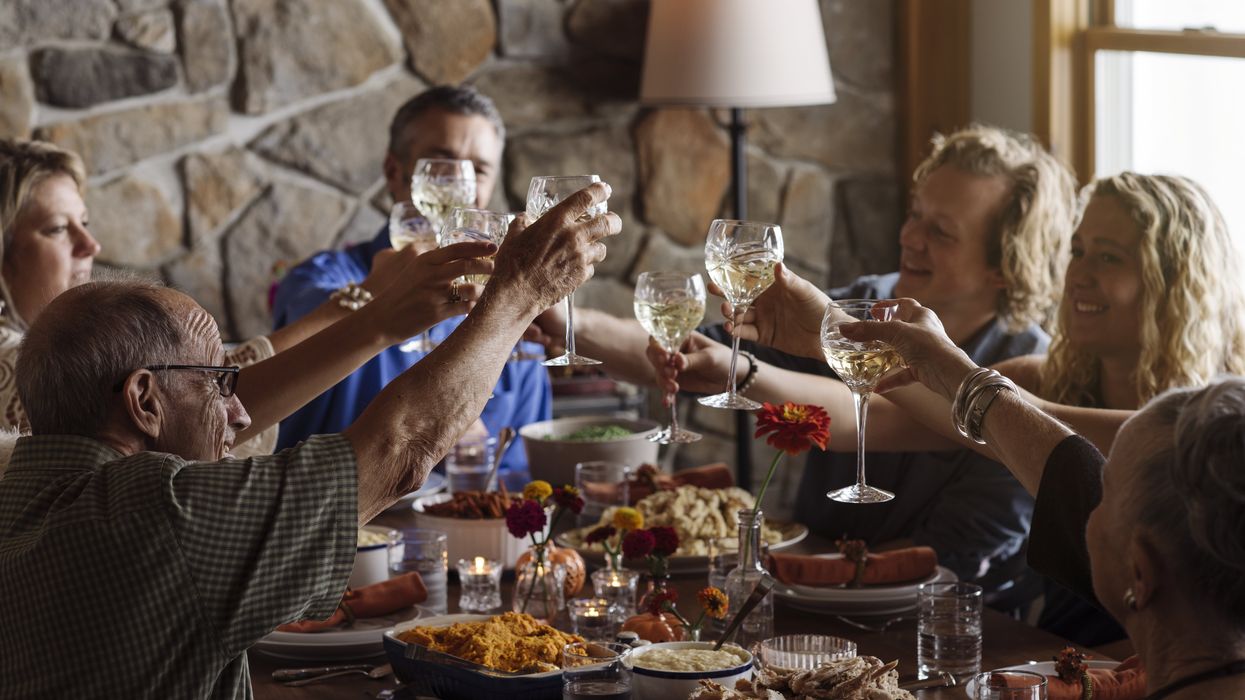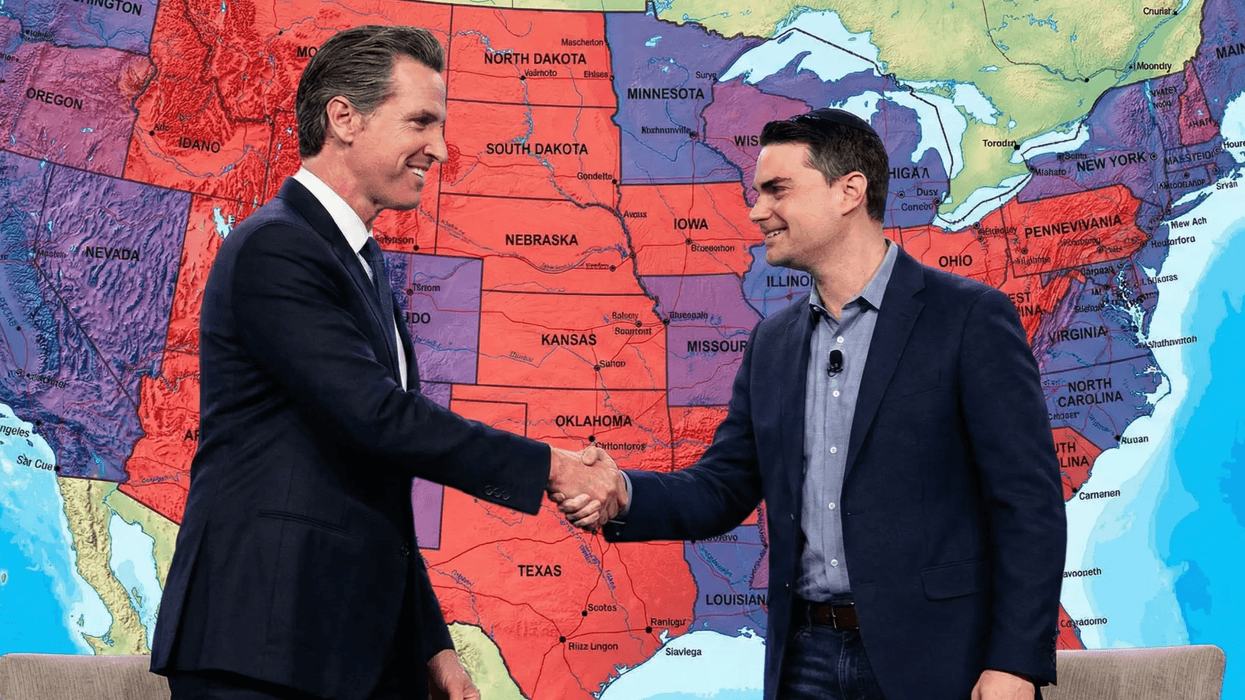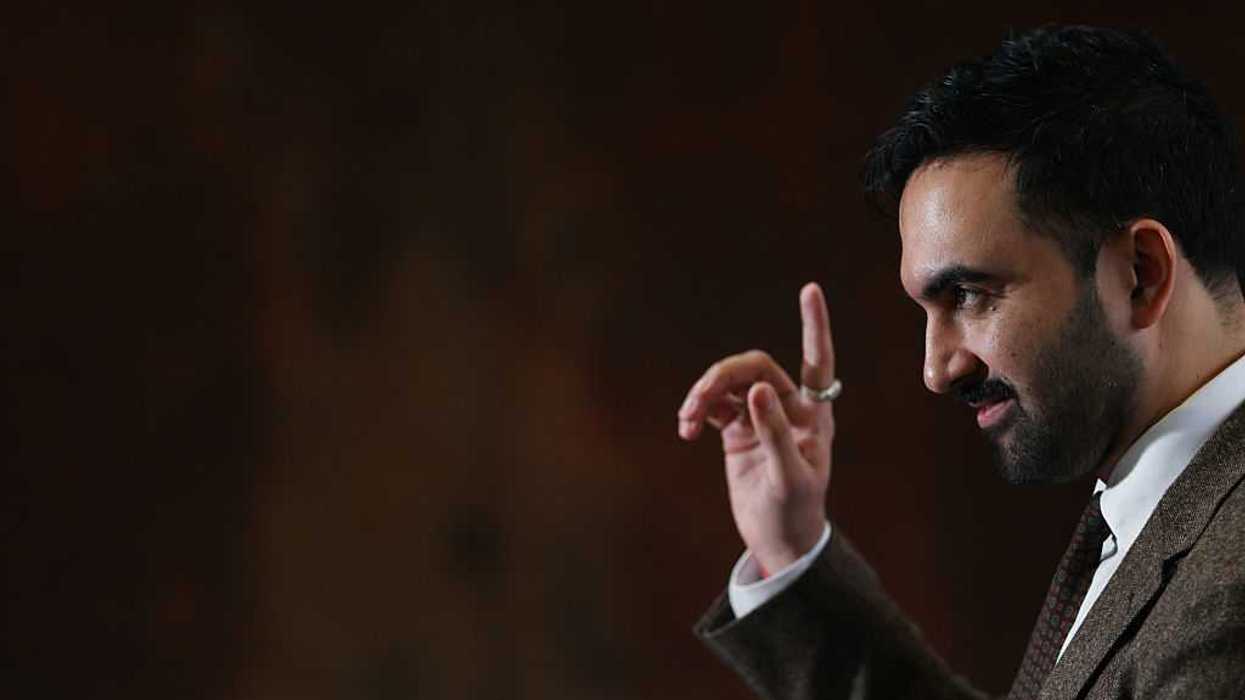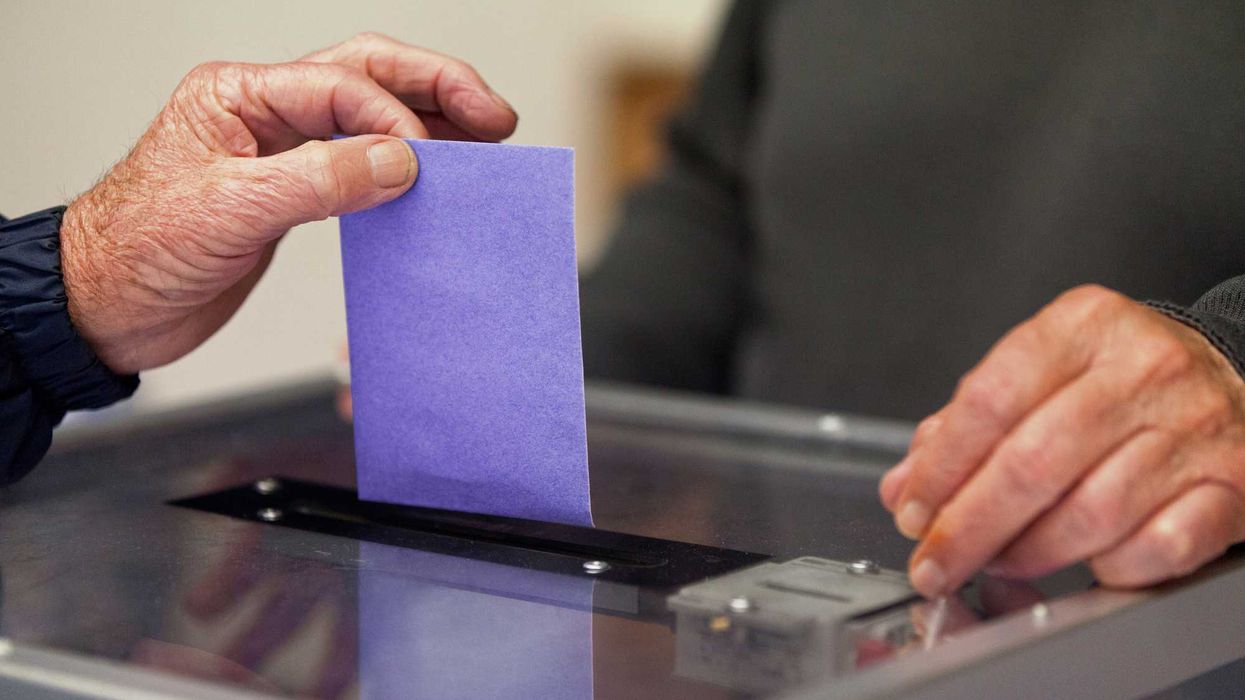Thanksgiving is often portrayed as a minefield of political debates, with an annual surge of guides offering tips to "survive" political conversations at the dinner table. But how useful are these guides?
Research actually shows that most Americans neither want nor need the abundance of advice. While the vast majority of Americans celebrate Thanksgiving, relatively few want to talk about politics over the holiday. A 2022 Axios/Ipsos poll found that 77 percent of Americans believe Thanksgiving is not the right time for political discussions. Somewhat similarly, a 2023 Quinnipiac poll found only 29 percent of Americans say they are looking forward to discussing politics at Thanksgiving, less than half the number who say they are hoping to avoid discussing it.
One may think that in this era of “ toxic polarization,” the roughly one-fourth of Americans who are open to talking about politics would often negatively impact the Thanksgiving experience. Yet this is not really the case.
According to a 2023 YouGov survey, only 16 percent of U.S. adults who celebrate Thanksgiving have ever had arguments about politics at Thanksgiving dinner. Only half of those have ever had Thanksgiving ruined by a political argument, a single-digit fraction of the population.
The length of cross-partisan Thanksgivings is also affected, but only slightly. A meta-analysis of Thanksgiving dinner lengths found that politically diverse gatherings lasted just 6 percent less time than politically uniform ones. That is a fairly marginal impact, reducing a four-hour Thanksgiving by about 15 minutes.
In contrast to these usually rare and minor impacts, one can find dozens of Thanksgiving or holiday political “survival” guides online. This year, these already include a guide published by NPR and a livestreamed video guide released by Braver Angels Central Texas and the Institute for Liberal Values. In addition to perpetuating a misleading narrative that political disagreements destructive to Thanksgiving are widespread, the quality and detail of advice in these guides can vary widely.
Why are there so many guides in the first place, when a large majority of Thanksgivings happen without politics really getting in the way? One clue comes from misperceptions of the people in the other political party. Americans see those in the other party as more eager to talk about politics and more politically extreme than they really are. A survey led by University of Rochester political science professor Jamie Druckman found that registered members of a political party overestimate the share of members of the other party who discuss politics frequently by more than two times, while underestimating the share who like to discuss it rarely by about five times. In addition, More in Common’s Perception Gap research found Americans think 55 percent of those in the other party had extreme views, compared with the 30 percent who actually did.
It is also possible that the journalists who write about these topics are in social contexts where politics is more salient and contentious. Additionally, those who have political issues with their family and friends may be more drawn to organizations like Braver Angels, even though they represent a surprisingly small minority of Americans; a 2022 New York Times/Siena College poll found fewer than one-fifth of Americans said politics had hurt their friendships or family relationships. (Note: James has held various volunteer leadership roles in Braver Angels.)
Guidance for how to have political conversations is still useful, but it does not need to be so focused on Thanksgiving. In such a large country, much guidance should follow a “stop, drop and roll” model of giving at most three pieces of memorable advice. Most adults lack the time, interest or energy to integrate more into their busy lives. Americans should be reminded of these year-round, not just at one time of year.
James is partial to a call to be SVL (pronounced like “civil”) to share Stories, relate to the conversation partner’s Values and Listen, based on advice from Stanford sociologist Robb Willer. Another memorable approach is Urban Rural Action’s ABCs of Constructive Dialogue (essentially, Asking the conversation partner’s perspective, Breaking down one’s own view to make it understandable and Checking our understanding of their perspective).
Thanksgiving should be a time of unity and reflection. Most Americans do not need to worry if they will “survive” Thanksgiving. Americans can instead thrive, enjoying themselves in the company of friends and family.
Coan is the co-founder and executive director of More Like US. Huss is co-founder of Project PosiNews.



















